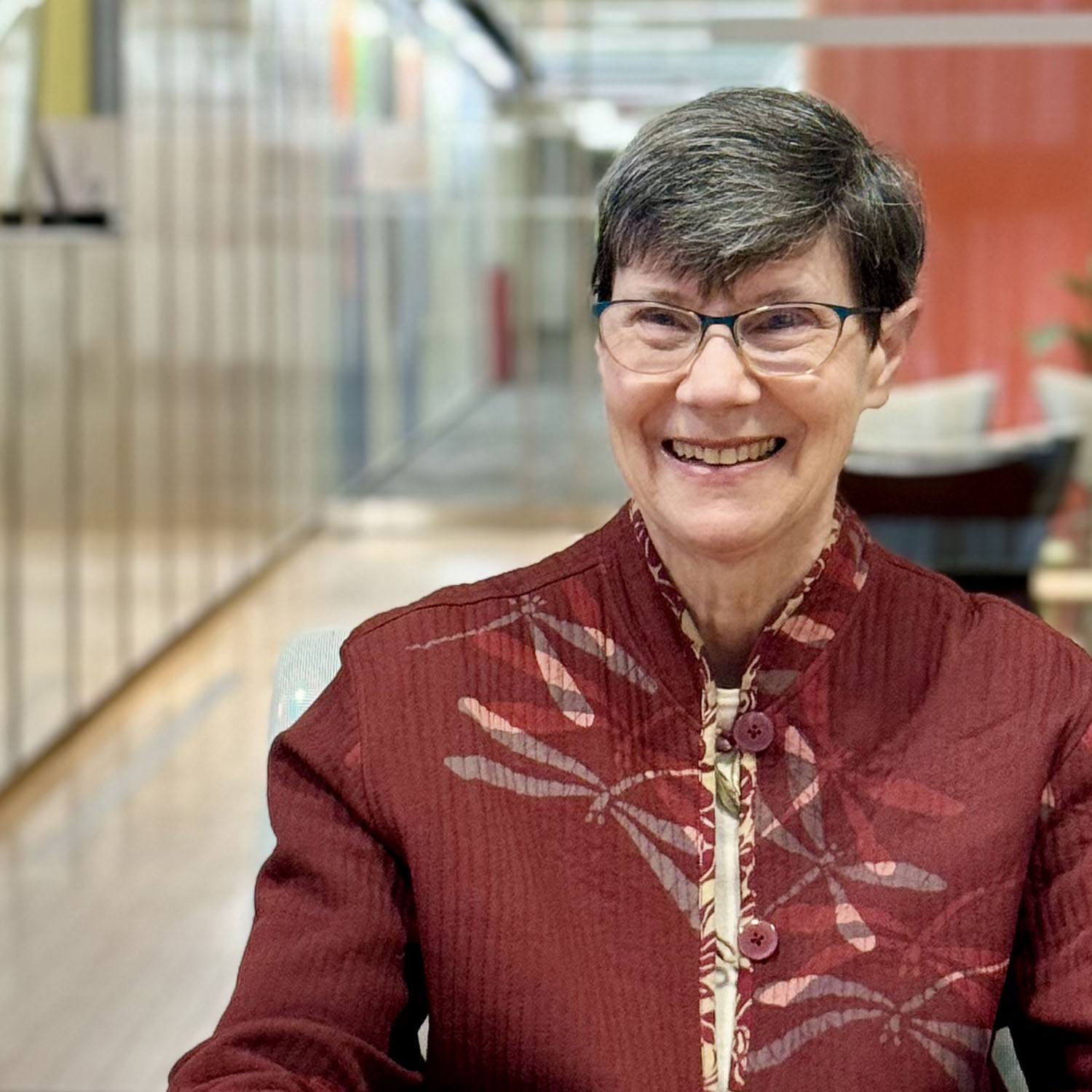Virtual Discussions, Public Comments, and July 1 Town Hall Move NCCIH’s Strategic Planning Forward
Director’s Page
Helene M. Langevin, M.D.
June 23, 2020
Like many others missing professional conferences this year due to COVID-19, I worried that the cancellation of the International Congress on Integrative Medicine & Health (ICIMH) in April would mean lost opportunities. I had hoped for the chance to connect with members of the complementary and integrative health research community to garner insights that I could bring back to NCCIH and use to inform the development of our next strategic plan.
As it turned out, ICIMH successfully transitioned several of the sessions originally slated for the meeting into robust online discussions, including my plenary presentation and an online town hall. It was a wonderful opportunity for in-depth interactions and input from research community members. We also transitioned our own June 5 NCCIH Advisory Council meeting into a virtual meeting, which afforded us another excellent opportunity to hear a variety of perspectives on whole person health and multimodal therapies from our Council members, as we discussed our strategic planning efforts and progress.
Our strategic planning discussions at the virtual ICIMH plenary and town hall and our June Council meeting encompassed a wide array of topics—education and training for health professionals, the design of clinical trials, ways to deepen our research into pain, and multimodal approaches to managing a variety of conditions. The deep interest and engagement reflected in these discussions are a testament to the shared purpose within the complementary and integrative health research community to advance our understanding of human health and serve as a catalyst for thinking about the health of the whole person.
In evaluating how NCCIH should prioritize areas of research in coming years, I have been considering how “whole person health” could serve as a way to reorganize how we think of medicine for the benefit of patients. From medical school, to the lab, to clinical settings, medicine has long been organized system by system, organ by organ. But this is beginning to change. The concept of “systems biology” is evolving, and it is demonstrating the importance of exploring not just what happens within an organ system, but how these systems cross talk. For example, research in the nascent field of interoception is shedding light on how the brain interprets, integrates, and regulates signals from digestive, respiratory, and other body systems. Research on meditation is contributing insights on interoceptive processes related to body awareness and chronic stress. Whether the focus is brain-centric, digestive-centric, musculoskeletal-centric, or other system-centric, considering connections between systems may open new doors.
As we set out to build NCCIH’s next 5-year strategic plan, I invite continued input from the research community, clinicians, patients, and other stakeholders. Your input is vital to guide us as we build on the portfolio of work NCCIH has developed over the last 20 years. Tell us how you think NCCIH should prioritize basic or clinical research that will impact our understanding of how to promote and restore health after an illness, manage symptoms, and prevent disease.
Join the NCCIH Strategic Planning Town Hall: Public Comment Session on July 1 at 1 p.m. ET to provide your thoughts on research priorities. Those who wish to make a comment should register by June 29 and select one theme on which to comment (see the NCCIH Request for Information). We will listen to comments theme by theme with a brief recap in between each theme. All comments provided will be considered in the overall strategic planning process. You may also submit comments by web or email.
More Information
Register for the July 1, 2020 NCCIH Strategic Plan Town Hall: Public Comment Session
